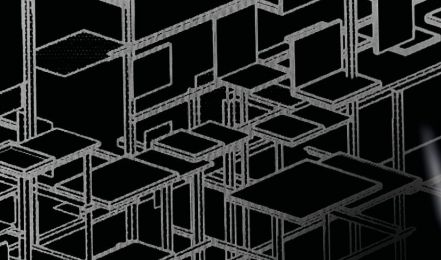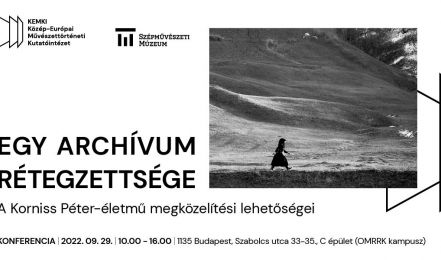‘museum history’
Konferenciafelhívás
… and mobility: artists' networks, circulation, transference, and exchange. - Social art history in a socialist context: Marxism, anti-politics and artistic labor. - Critical art history today: race, gender and decoloniality in Eastern Europe. - Curating and other forms of collective art historical engagement. If you are interested to participate in the conference please send a 300 words proposal (including a title and an abstract of your presentation) in relation to one of …
TÓTalJOY díjátadó 2023/ Süveges Rita
Endre Tót and the Museum of Fine Arts – Central European Research Institute for Art History (KEMKI) established a prize for contemporary artists in 2021. The TÓTalJOY Prize, with a total prize of €10 000, is open to artists with research-based art projects. This year's winner is Rita Süveges, who will give a short presentation of her project plan for the TÓTalJOY Prize, entitled Shout to the Cloud! , after …
Kaszás Tamás: Vad gyakornok
The TÓTalJOY Prize was established by the Museum of Fine Art’s Central European Research Institute for Art History (KEMKI), with the generous support of Endre Tót. In 2021, a project by Tamás Kaszás was selected as the winning entry by the six-member Hungarian and international jury. Applications that reflected on changing cultural contexts and contemporary dilemmas in relation to the archives and ethos of the KEMKI - Artpool Art …
TÓTalJOY-díj
Call for proposal Endre Tót and the Museum of Fine Arts - Central European Research Institute for Art History (SZM - KEMKI) have launched an open call for project proposals based on artistic research. The founder and the supporter of the prize is Endre Tót, renowned Hungarian artist living in Berlin. It has long been his wish to establish a form of endowment that can support artistic activity in Hungary. The mission of the …
Egy archívum rétegzettsége
… in Hungarian documentary photography, donated his archive of tens of thousands of negatives to the Museum of Fine Arts – Central European Research Institute for Art History. The carefully prepared, information-rich collection provides an unparalleled opportunity to explore and understand the oeuvre of the first Kossuth Prize-winning photographer and to interpret the attitudes of documentary and reportage photography in Hungary after the Second World War. On 29 September 2022, in Building C of …




